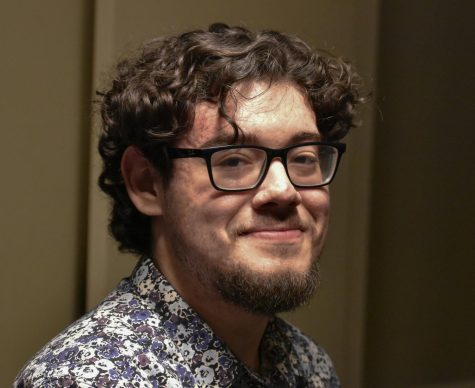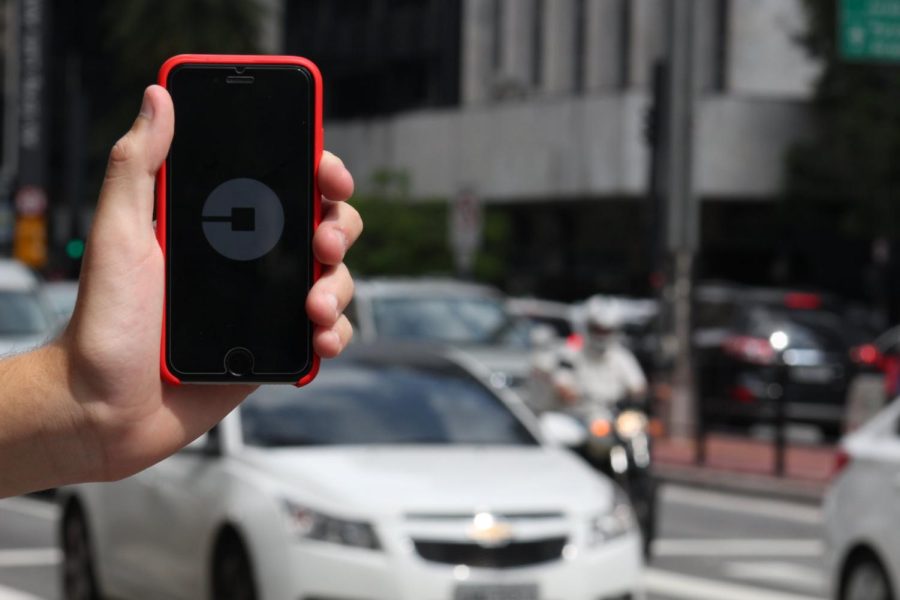West Covina modifies Uber program, begins search for competitor
The program, approved less than a month ago, will benefit senior citizens of the city
West Covina’s new Uber pilot program, which provides residents who are 65 or older a discounted rate for the ride-hailing service within the city, was revised during the council’s Oct. 4 meeting. The revision allows the program’s services to be used up to 5 miles outside of West Covina’s borders for medical purposes, surpassing the previous three-mile limit and broadening the definition of such medical purposes.
The program, initially approved during the council’s Sept. 20 meeting, can also be used by residents with disabilities. It allows participants to pay a reduced fee of $3 for a $20 or less one-way ride. Anything above $20 will be paid for by the rider plus the $3. The program will last six months or until its funding of $50,000, which is used for the rides, is exhausted. If popular, the program will be considered for an extension.
Councilmember Tony Wu pushed for the medical exemption to be withdrawn to allow riders to venture outside city limits for other purposes. He said, as an example, that a person in a wheelchair who lives on the edge of West Covina’s border would not be able to use the service to take care of errands that may occur right outside the city, like getting groceries.
Councilmember Brian Tabatabai opposed the idea, saying “We are then, in essence, subsidizing people to go outside the city and spend their money not in West Covina. … I don’t think it is a good idea to encourage people to go and shop outside the city by giving them this incentive and then to subsidize it. I think it goes against what we’re trying to do.”
Wu then argued that the medical rule is restrictive and strips riders of choice, to which Tabatabai responded that since the city is subsidizing the program, the taxpayer money should be used to promote activity within the city.
Mayor Pro Tem Rosario Diaz and Councilmember Letty Lopez-Viado agreed with Tabatabai, but Wu continued to argue in favor of the motion.
“We want to encourage [elderly/disabled riders] to go out, no matter where they want to go. We want to think about their mental health. … To restrict people just for some benefit for the city, that tentative money, is very selfish,” he said.
The discussion briefly moved to delineating what constitutes a medical reason. The council agreed that valid rationale includes mental health services, massages, acupuncture and other things that fall under what Lopez-Viado defined as “holistic.”
The motion to extend the mileage and medical reason definition passed 4-1 with Wu voting against it.
During the routine council requests section of the meeting, Tabatabai put forward the idea of widening the program to another ride-hailing service to promote competition and keep prices low. Mayor Dario Castellanos seconded the request and floated the idea of using Lyft. City staff is now tasked with researching the topic and eventually recommending a second agency for the city to approve a partnership with.



